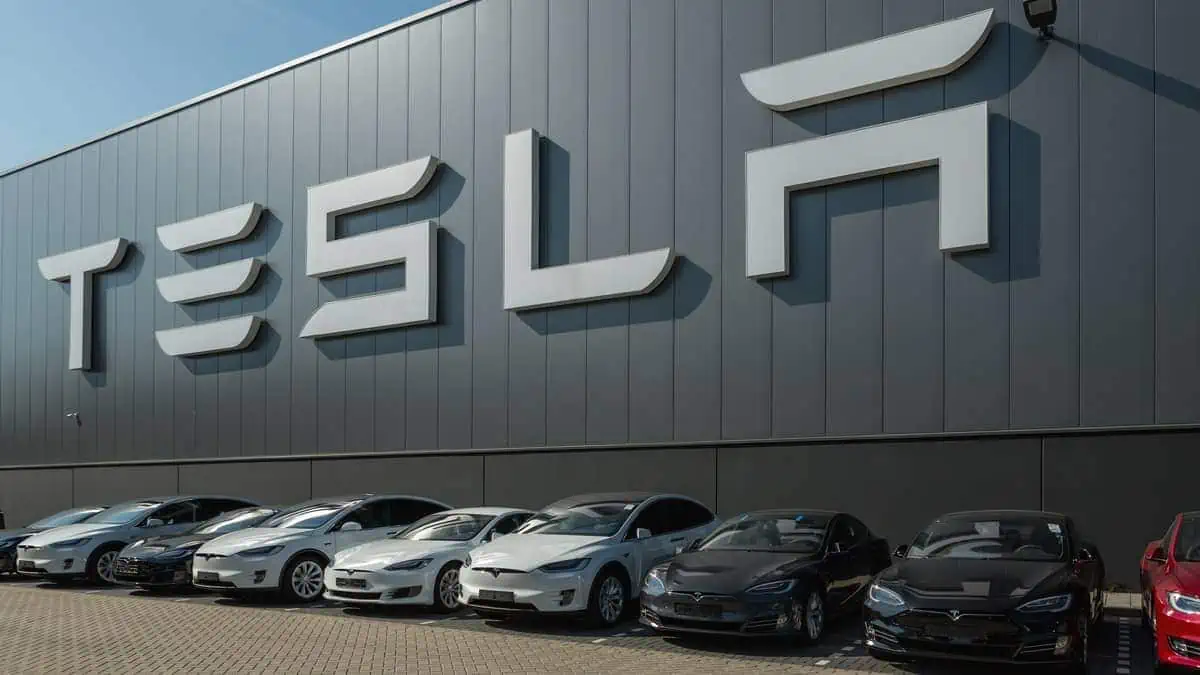South Korean firm Hyundai Motor Group reportedly announced on April 11 that it plans to allocate 24 trillion won ($18.14 billion) to boost its electrification efforts in its home country through 2030.
The announcement came a week after the company’s subsidiary Kia revealed its own 32 trillion won ($24 billion) investment in electrification and future business ventures.
Interestingly, Hyundai disclosed its investment plan at a ceremony marking the construction of Kia’s first dedicated EV facility.
South Korean President Yoon Suk Yeol attended the ceremony. He released a statement offering support for such initiatives through H1 2023. He further indicated that the administration would increase local EV facility investment tax incentives, accelerating production capacity by fivefold by 2030.
Hyundai to expand its annual EV production in South Korea
Hyundai Motor Group aims to expand its EV production per year in its home country to 1.51 million by 2030. That number will increase to 3.64 million units for the global market.
On the other hand, Kia also aims to allocate approximately 1 trillion won (~$756 million) to a new EV production plant. The plant is expected to start production in 2025, with a production rate target of 150,000 EVs in the initial year.
Notably, Kia’s new plant will produce various midsized EVs, including robotaxis and delivery vans.
In retrospect, Hyundai Motor also announced last year its plans to allocate over $10 billion in the US by 2025 to boost its electrification and autonomous car initiatives.
As part of that investment, Hyundai has already allocated $6.5 billion for its new EV and battery production plant in Georgia. This plant is critical for the automaker to be qualified for the US federal tax credits of up to $7,500 under the Inflation Reduction Act.






